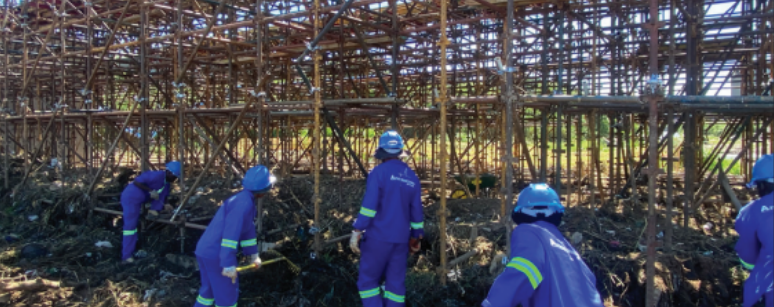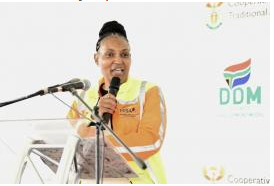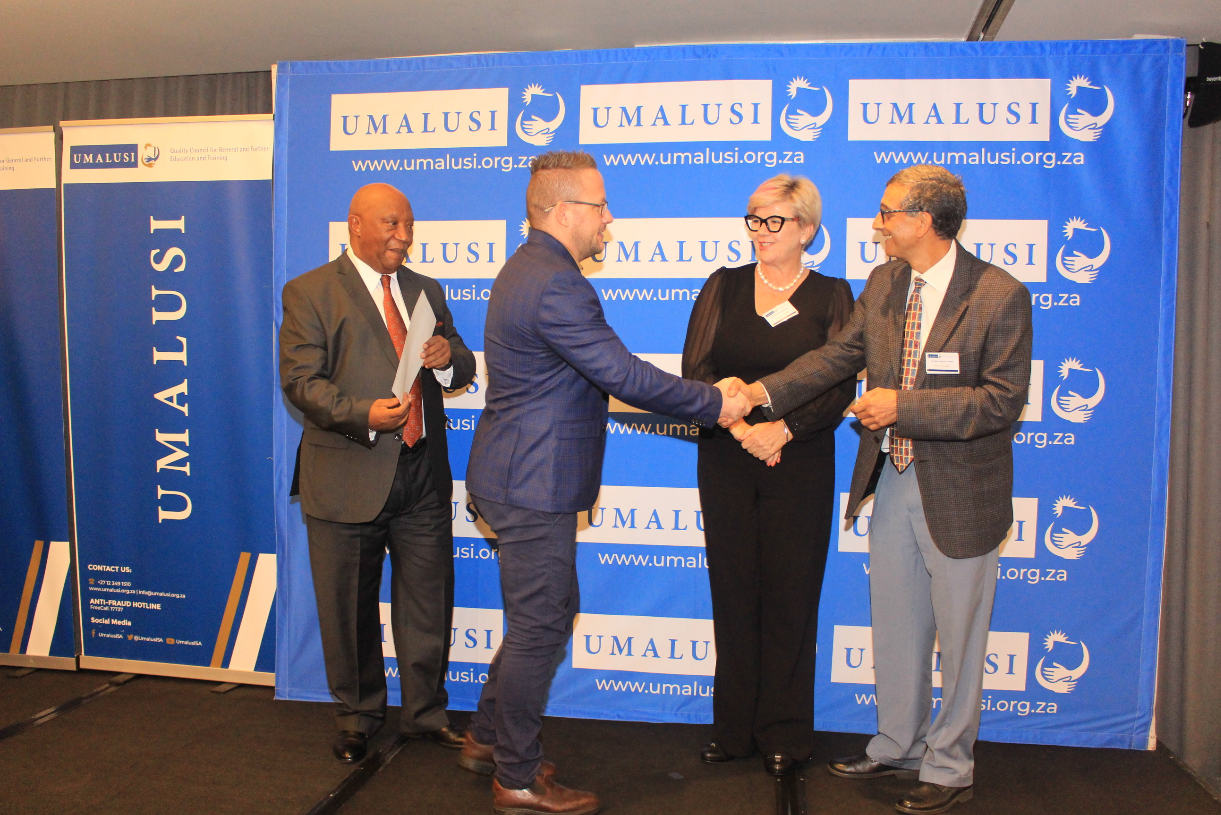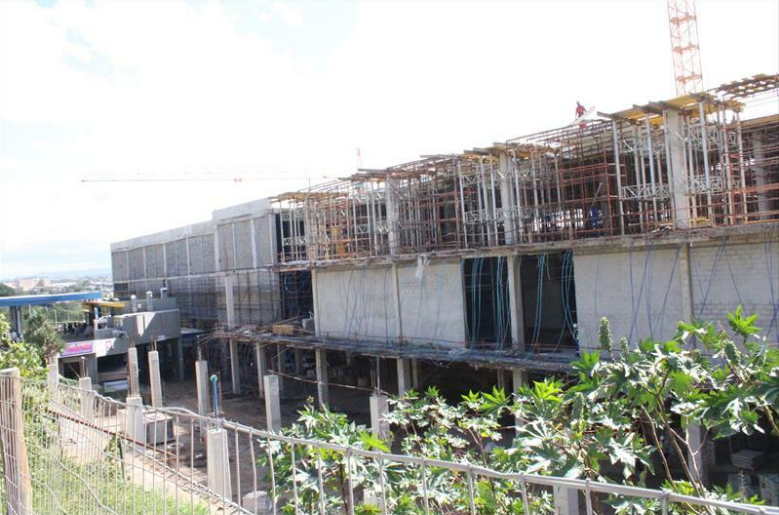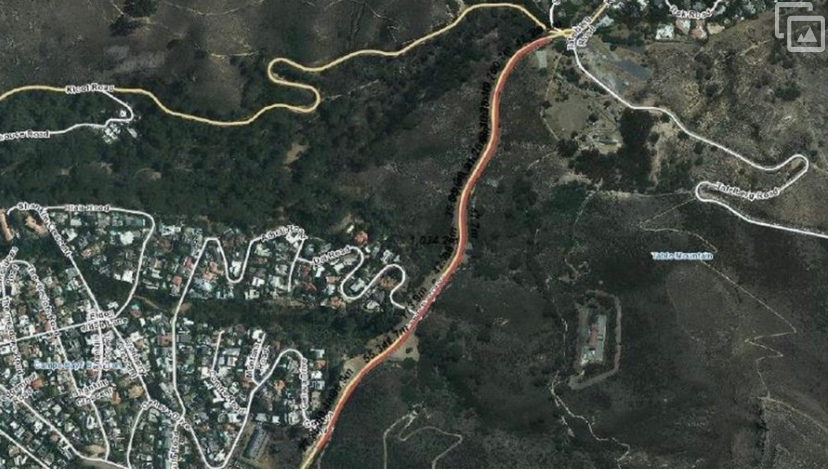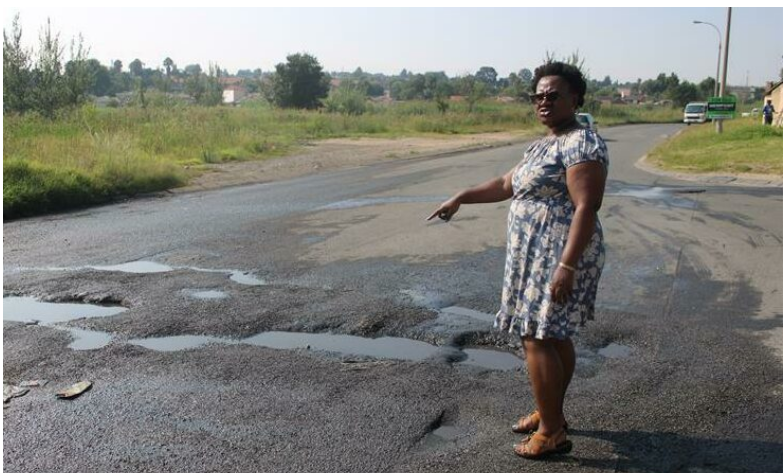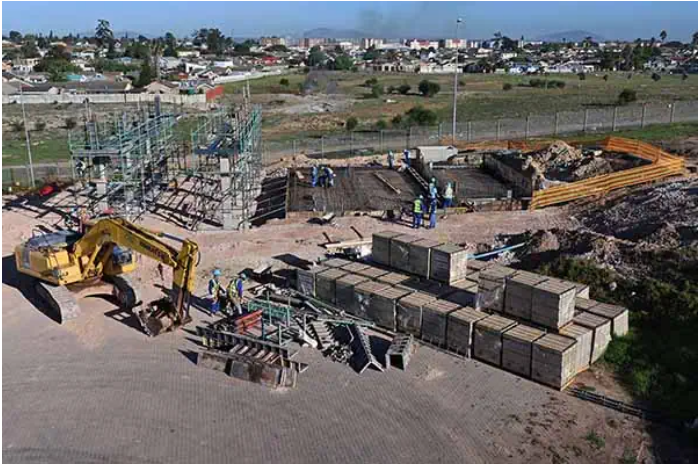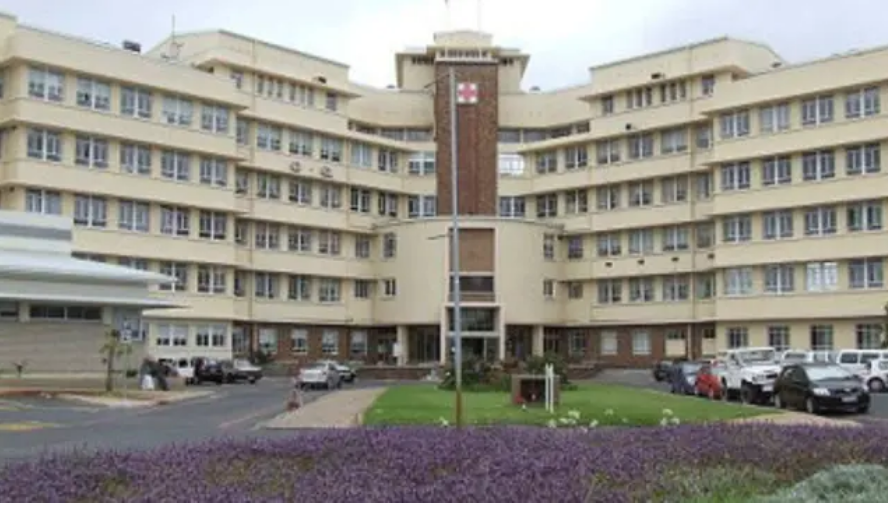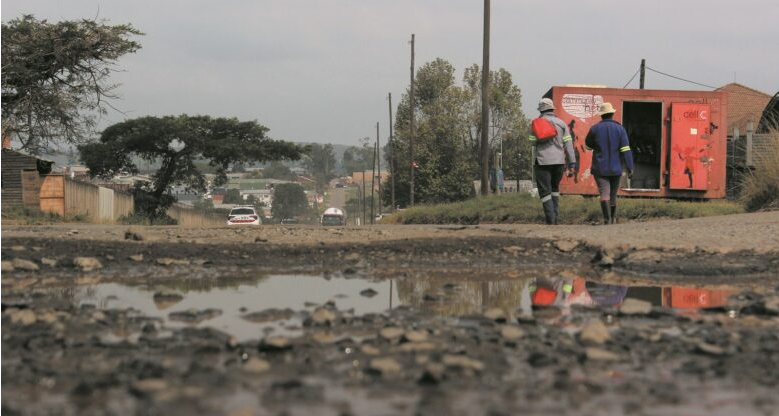Cape Town delays Day Zero
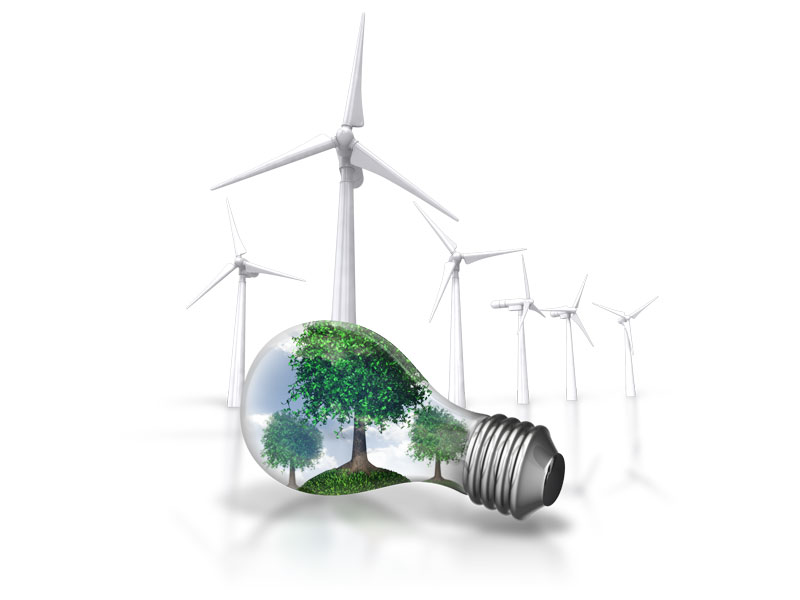
16-11-2017
Read : 108 times
Bizcommunity.com
Source
The City of Cape Town has given a new date for Day Zero - the date the city will run out of water unless its residents curb their consumption even further - extending its forecast from March 2018 to May 2018.
The city uses about 582-million litres a day, 82-million litres more than the targeted 500-million litres a day. This is down from a collective consumption of about 700-million litres a day when the spectre of Day Zero was first introduced.
Reducing demand was still the greatest factor in avoiding Day Zero, mayor Patricia de Lille said on Tuesday, 14 November.
“Unless we reduce demand to 500-million litres per day, there is a risk that we will reach Day Zero in May 2018. There are, however, several other factors at play, first, if we receive rain, Day Zero is pushed out, (but) because we cannot accurately predict how much rain we will receive, we have to ensure that we reduce demand sufficiently.”
The reduction in demand has, however, introduced an undesirable consequence: the income the city derives from water sales has fallen by about 40%. “It makes it that much more difficult to fund augmentation measures,” said De Lille.
“To overcome this – and as a temporary measure – the city is considering a transitional (water) levy,” she said. “And it has to be temporary. People are struggling as it is. Anyway, it will be political suicide to raise tariffs drastically.
“The problem is the municipal funding model is wrong. It is the same problem as with energy. It is, after all, the national government's constitutional obligation to provide water.”
In Cape Town and Johannesburg, water tariffs have gone up by about 19% over the past year for demand in excess of the free first six cubic metres. This compares with a global average of 3.91% from July 2016 to July 2017, according to the Global Water Intelligence’s 2017 Global Water Tariff Survey.
At R5 per cubic metre, water in SA was cheap, said De Lille. “The cheapest desalinated water we could find was for R10 per cubic metre.”
The city’s augmentation plans involve mainly desalination, groundwater abstraction and wastewater treatment.
Cape Town’s strategy of reducing demand has been criticised by water experts, including Prof Anthony Turton, who has suggested that an effective intervention requires that the “narrative of scarcity is converted into a narrative of future abundance”.
He said also that it would be economically unwise to ration visitors to the city over the tourism season ahead.
“The economic return on (a) unit of water is bigger than if we have the constraints of telling them to have no baths, and don’t flush the loo.”
In October, Cape Town launched a “Save Like a Local” awareness campaign aimed at visitors. “Cape Town very much remains open for business,” said De Lille.
Enver Duminy, the CEO of Cape Town Tourism, said to bear in mind that many Capetonians were themselves going away for holidays and that large industries would shut down for the period. “This will minimise the impact of visitor arrivals on our water resources.”
Duminy said in a survey of its members, 65% indicated they did not expect to see a drop in bookings during the upcoming season as a result of the water shortage.
The Grant Thornton Economic Value of Tourism Report found that for 2015 (before the water crisis developed) more than R15bn a year was spent directly by visitors to Cape Town each year.
Recent News
Here are recent news articles from the Building and Construction Industry.
Have you signed up for your free copy yet?
